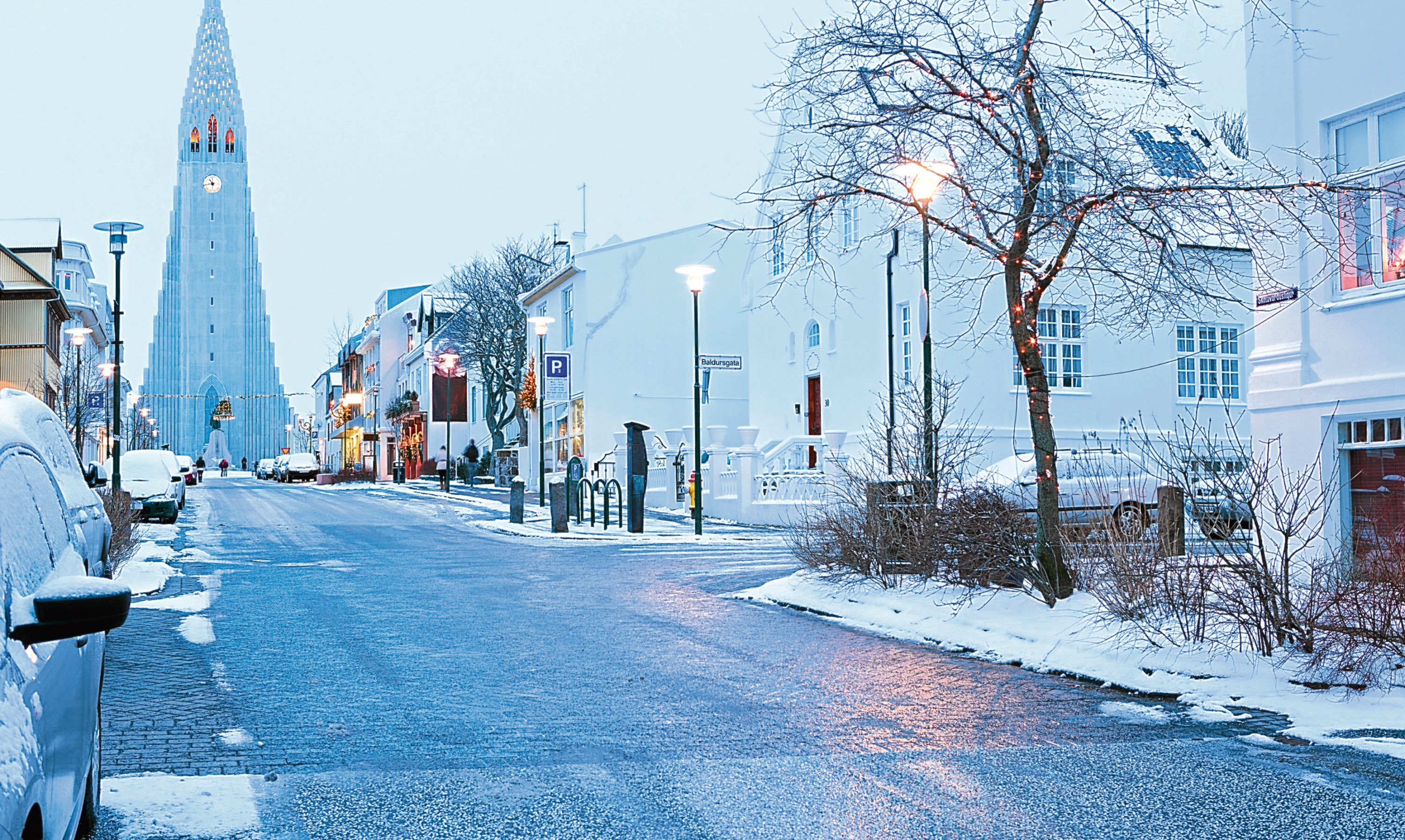Sir, – It is often said by opponents of Scottish independence that Scotland is too small to stand alone as an independent country.
Well, recent evidence suggests otherwise.
In its Inclusive Growth and Development Report 2017, The World Economic Forum, the very prestigious Swiss-based foundation commonly known as Davos, ranked the world’s advanced and developing economies.
They were measured for how well they functioned and for the financial well-being of their national populations, based on “robust growth and employment, high median living standards, strong environmental stewardship and low public debt”.
Norway, with the same population as Scotland came top, followed by Luxembourg, Switzerland, Iceland and Denmark, all small, independent nations.
On average, the top ranking countries have a population of just under four million people. The UK, with a population of 64 million, was ranked 21st.
Scotland, with a population of just over five million people, would seem to be very well placed to be a successful independent country.
Les Mackay.
5 Carmichael Gardens,
Dundee.
Scare tactics start again
Sir, – It was disappointing to see Scottish Conservative leader Ruth Davidson, above, resort to such scaremongering comments in her speech at the David Hume Institute last week.
To describe the movement for Scottish independence as a “fratricidal conflict” demeans her status as leader of a major political party which is currently the opposition in the Scottish Parliament.
The dictionary definition of fratricidal conflict is the killing of one’s brother or sister and Ms Davidson’s language, comparing legitimate political debate with such an act, is clearly inflammatory and beneath her.
To exacerbate this further by saying that should a referendum be called, this would put Scotland “at this year’s point of global instability” is also scarcely credible, especially given a Donald Trump’s presidency and a potential National Front French President.
This is rather reminiscent of the scaremongering in the last independence referendum campaign.
One can only hope that should there be another independence referendum, such tawdry scaremongering can be put aside, however, given these comments the prospect of this happening does not look promising.
Alex Orr.
77 Leamington Terrace,
Edinburgh.
Listen to voice of people
Sir, – When a government holds a referendum it is saying “we will let you, the voters, decide this issue”.
The question is asked, the answer is given and the government then implements that answer, no matter how unpalatable that may be.
That is the promise implicit in the referendum process.
Theresa May has the integrity and class to keep that promise.
Nicola Sturgeon doesn’t share those attributes and she hasn’t “earned the right to ask Scots for a second chance” either. Her words.
Tony Miklinski.
Whitehill Farm,
Cupar.
Burning wood makes no sense
Sir, – Generating electricity by burning trees must be counter-productive if CO2 reduction is the objective.
The justification is that new trees will eventually absorb the CO2 released from the burning of old trees, plus the CO2 emitted by their felling and transport to the UK, as many trees come from abroad.
But the increasing destruction of trees by commercial burning, as opposed to their long natural cycle of decay and CO2 emission, must, as a matter of common sense, accelerate CO2 emissions to far beyond what can be retrieved by new growth.
The global warming alarmists, who claim that CO2 from tree burning will eventually be retrieved by that new growth, should be specific as to how long this will take. These obsessive people have a lot of explaining to do.
Malcolm Parkin.
Gamekeepers Road,
Kinnesswood,
Kinross.
Be straight over fracking
Sir, – The Scottish Government has launched a consultation to garner public opinion on whether or not fracking should have a part in Scotland’s future.
The four-month survey will gauge the views of organisations and the public about this controversial drilling technique.
A health impact assessment found the evidence available was “inadequate” as a basis to determine whether it would pose a health risk to the Scottish people but the Advertising Standards Authority recently censured Friends of the Earth (FoE) over an anti-fracking leaflet.
FoE was unable to substantiate claims made in this leaflet that fracking caused health problems, that water used in fracking contained a toxic cocktail of chemicals which could end up in drinking water, that 25% of fracking chemicals could cause cancer, that 75% could affect your skin, eyes and respiratory system and 50% could affect your nervous, immune and cardiovascular systems.
They were instructed never to repeat these allegations.
The anti-fracking brigade and the SNP-dominated Scottish Government are deliberately misleading the public.
Clark Cross.
138 Springfield Road,
Linlithgow.
Why negativity from SNP MPs?
Sir, – Once again I have to ask, what is the purpose of the SNP in the governance of the UK?
The vote to trigger Article 50 was 498 for and 114 against, of which the SNP vote by all its MPs amounted to more than 50%.
It is tiresome to see the SNP continuing to posture in such ways.
They most definitely knew that their vote was going nowhere. So what was the point of the negativity?
While it may be understandable that a few individual MPs may vote according to conscience, it is an entirely different matter when the entire SNP membership of the Commons is required to oppose a motion.
May I inquire of my MP, Stephen Gethins, how exactly he and his SNP colleagues are representing the opinions of the many EU leavers in Scotland while at the same time extolling the virtues of collegiate representation of all Scottish people?
I do not recall a public debate by Mr Gethins to inform the public prior to the SNP vote and to inform himself of the local opinion.
Derek Farmer.
Knightsward Farm,
Anstruther.
